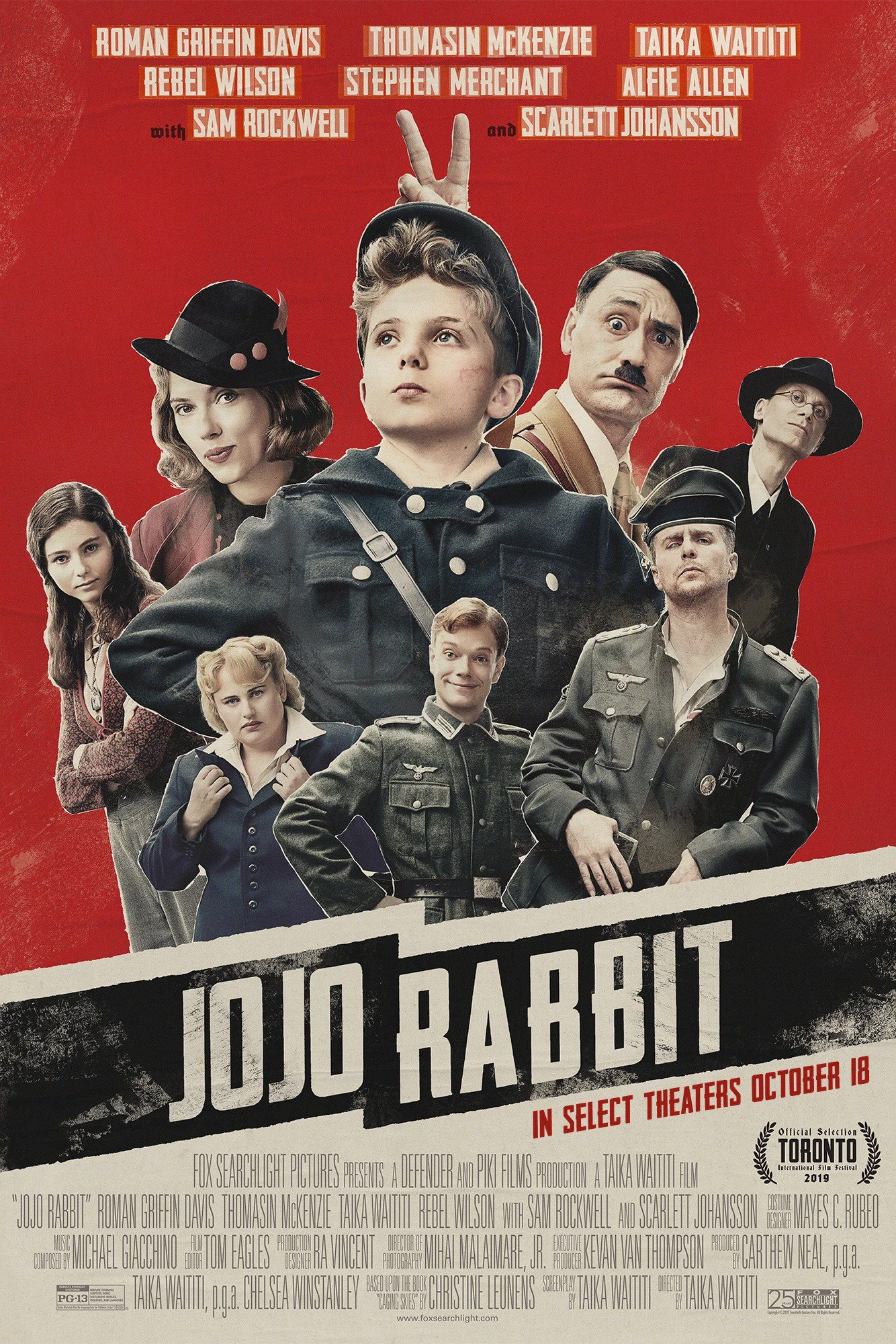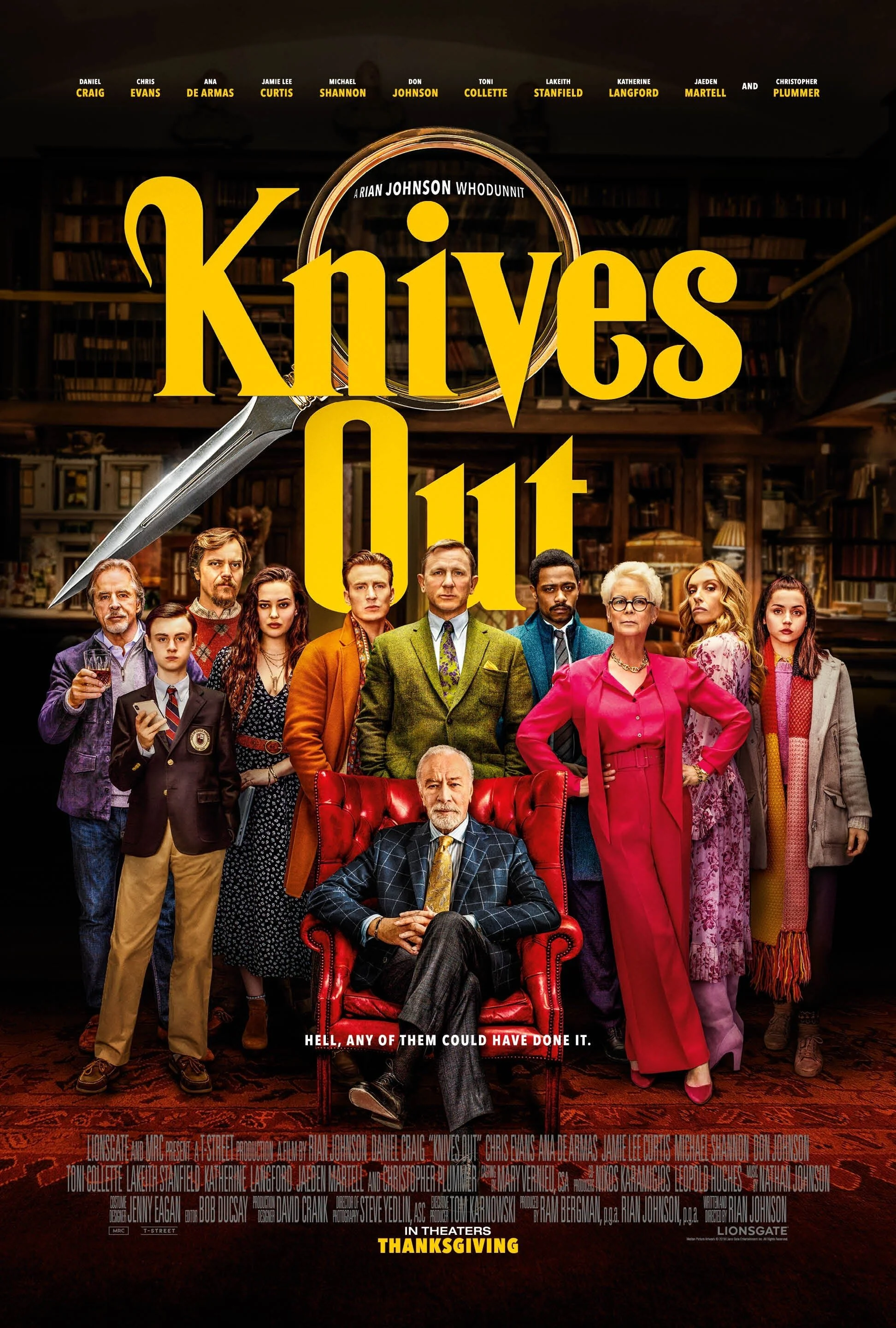Parasite
- An engaging, and often bizarre dramedy about a family of low-rent con artists trying to lie and manipulate their way into higher society.
Full Disclosure: Although I knew next to nothing about this movie going in (I wasn’t even sure what genre it was going to be), I had unreasonably high expectations given that it’s by the same filmmaker as Snowpiercer, which was one of the more original and interesting movies of 2014 (although it was first released on South Korea in 2013), and won the Palme D’Or at Cannes earlier this year.
Review
Parasite is a South Korean film by Bong Joon Ho (Snowpiercer, Okja, The Host) about a poor and desperate family living in a dirty semi-basement in the slums of Seoul. Bong Joon Ho has been on a bit of a roll lately, with Snowpiercer garnering a lot of well-deserved critical acclaim, and Okja having been produced in part by Netflix, starting in 2015, with a $50 million budget, pretty large for an English-Korean language film, the kind of thing most producers aren’t willing to take that much of a chance on. Parasite is almost entirely in Korean.
Parasite’s poor family of father Kim Ki-taek, mother Kim Chung-sook, son Ki-woo, and daughter Ki-jung are in dire straits – none of the family are working, and their lives include daily battles with drunks pissing on their apartment window. But not content to suffer as many in their position do, this family has a plan, one that involves scamming their way into the lives of the rich elites on Seoul society. We are immediately introduced to the kind of people we’re dealing with as the opening scene shows them trying to steal wifi from their neighbors.
The family’s grand plan is put into motion when one of Ki-woo’s friends offers him the opportunity to take over as a tutor for the daughter of a wealthy family. The friend is going away to college in the US, and wants someone trustworthy to look after the daughter whom he has fallen in love with and intends to propose to as soon as she finishes high school. Of course, it doesn’t take long before Ki-woo is also making moves on the young girl. Clearly, the friend chose poorly.
The Kim family in all their glory, celebrating the success of the first step in their master plan.
Ki-woo then lies to get his sister brought on as an art therapist for the wealthy family’s young son. She’s not remotely qualified, but has googled a few clever-sounding phrases to impress the kind, but clueless and naïve mother of the wealthy family, Yeon-kyo. Ki-woo and Ki-jung subsequently sabotage both the driver and the housekeeper for the family to get them fired and manipulate the hiring of their own father and mother in their place, all while never letting on that any of them are related.
The family’s plans seem to have succeeded, and with Ki-woo wooing (sorry, couldn’t resist) the young daughter, the family begins to dream about becoming a legitimate part of high society. But of course, that’s when the shit hits the fan.
Like Snowpiercer, the message of Parasite isn’t particularly subtle. Bong Joon Ho is clearly fascinated with exploring the divide between the rich and poor, and how different parts of society effectively live in completely different worlds. All of that is effectively portrayed in the film, and to his credit, Bong doesn’t play the rich off as villains. They’re portrayed more as naïve and oblivious, completely unaware of what’s happening to the lower class, or of the unintentional slights and insults they’re tossing their way.
I appreciated the moral murkiness of the movie. It was never entirely clear if we were supposed to be rooting for these people or not. On the one hand, they’re manipulative and conniving assholes. On the other hand, they’re a family who is just trying to get out of their desperate circumstances, and have the ambition and drive to do something about it. It wasn’t until near the end that I really turned against them. So, about that ending…
Spoilers Ahead
You’re never sure if you’re supposed to root for these scrappy underdogs or not.
In the movie, things really go off the rails when the old housekeeper returns one night while the owners of the house are away, and reveals that her husband has been secretly living in the hidden bunker under the house, something only she knows about because it was built by the house’s previous owner. She discovers the Kim family’s con, and pretty soon violence breaks out. Things go all Tarantino the next day at a garden party when the former housekeeper’s husband breaks out of the bunker where the Kims have trapped him, and starts attacking them with a knife in front of everyone. In the chaos, Ki-taek, fed up with the humiliations of his position, kills the father of the wealthy family.
While this makes for some amazing drama in the film, it’s also where the story goes a little off the rails as well. There was some fantastic acting by the actor who played Ki-taek, Kang-ho Song, but his sudden turn at the end to violence towards the wealthy family didn’t seem entirely earned. The story also jumped a little back and forth between narrators between the son and the father. However, the son’s final message is meant to be seen as a letter which he is writing to his father, which doesn’t make much sense as the father is in hiding in the bunker at that point.
Also, partly because of the narration, it wasn’t clear whose story the film was meant to be. Maybe this is too much of a film school geek thing coming out in me, but it makes a difference. For most of the movie it seems as though the son is driving the action, but by the end it appears much more likely that it’s the father’s story, as the climax is focussed on him.
Still, overall it was an engaging and entertaining movie. My expectations may have just been a little high going in
How the other half live. Bong Joon Ho does a masterful job of illustrating the difference in simple, but beautiful shots.
5 Quick Hits
Damn, was this movie beautifully shot. The whole “every frame a picture” saying really applies here, even if it was a story mostly set in two houses.
Speaking of those houses, the contrast between them was incredibly effective. The house of the wealthy people was stunning – gleaming and perfect, while the semi-basement was cramped, dirty and just plain weird (the toilet being on a raised level four feet off the ground where they need to go to reach a wifi signal was a unique touch).
The actor who played the father, Kang-ho Song was excellent. He can display numerous emotions just with subtle changes in his facial expression. He’s clearly something of a muse for the director, as he’s also played key characters in Snowpiercer and The Host.
There was a weird and totally random moment near the end where it seems we were getting a Joker origin story, when the son couldn’t stop laughing at inappropriate times following his release from hospital. However, this stopped quickly and didn’t have anything to do with anything else in the movie. Weird.
Despite being a sub-titled film, it took no time to become engaged in the story and the characters right away. Definitely a credit to the filmmaker.








